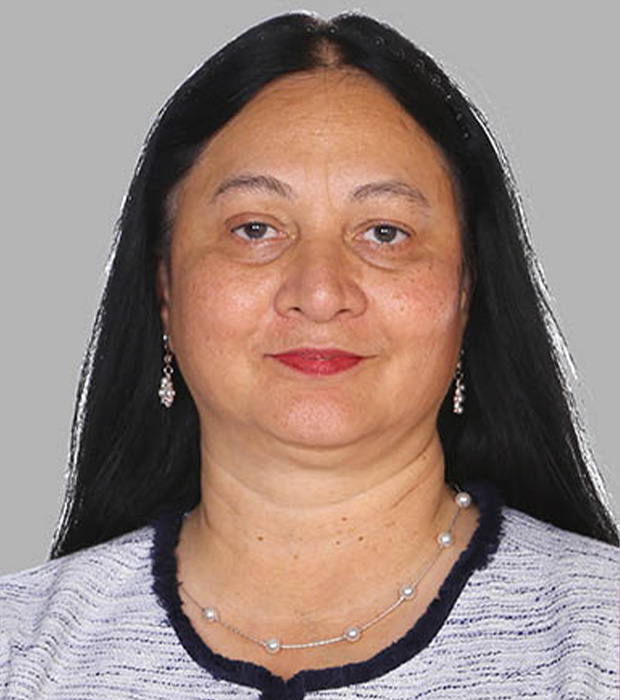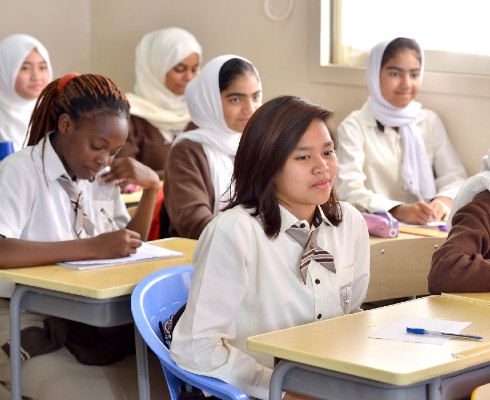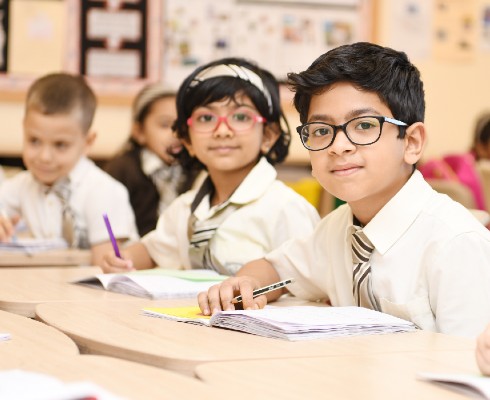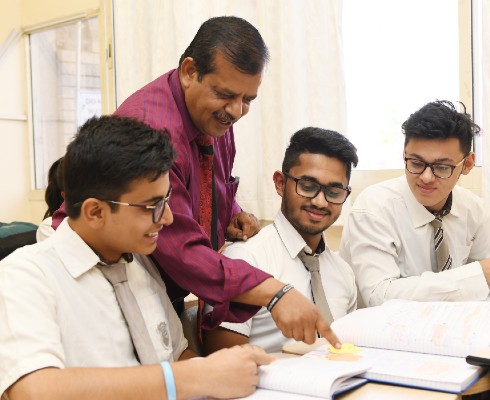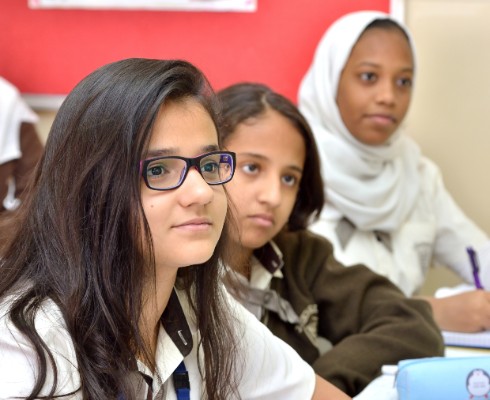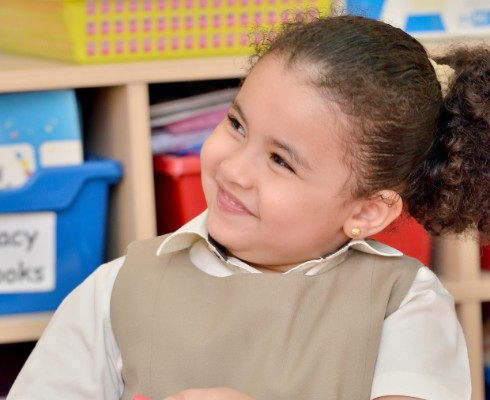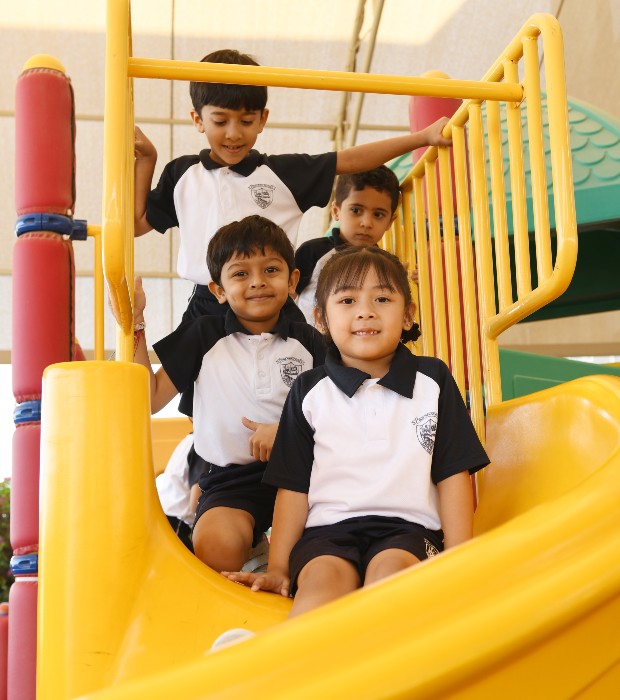
Kindergarten
The main objective for the Kindergarten years is to help our young children develop their affective, cognitive and motor skills. We actively encourage the development of students’ curiosity and imagination by exposing them to an exciting and wonderful world of learning and laying the foundation for life-long learning.
During these early years, the curriculum emphasises on study with letters, numbers, colour and music, which makes learning a pleasant experience for beginners. The curriculum is designed to build the child’s intellectual, physical, moral, social and emotional growth. In Kindergarten I, the emphasis is on the development of listening and speaking skills. Reading and writing skills gain focus in Kindergarten 2. We create a secure, happy, caring and stimulating environment where children are encouraged to reach their full potential.
Course Options
| Language Readiness Skills | Communication Skills |
| Social Development | Mathematics Readiness |
| Creative Expression | Self Sufficiency Skills |
| Environment Education |
Frequently Asked Questions
-
What is the Kindergarten Programme?
The Kindergarten Curriculum outlines the requirements and specific learning expectations throughout each Kindergarten school years.
Teachers use the curriculum documents to develop lessons to encourage and support student success in attaining specific curriculum learning outcomes. The curriculum is organized by indicating overall expectations as well as stating very specific learning expectations. In addition, numerous examples or samples are provided to assist students, parents and educators understand the focus of the learning.
-
Is Kindergarten Programme considered a gifted programme?
The Kindergarten programme is implemented in several schools worldwide. It adapted by our teachers to meet the learning needs of all students. All teachers are required to participate in collaborative planning and reflection to make their teaching practices consistent and to foster a holistic approach to education.
-
How do children learn through play?
Play-based learning leads to greater social, emotional, and academic success. Play is not separated from learning but brought together to promote creativity in future generations. In fact, play is considered essential to healthy development and as a specific right for all children.
-
Do Kindergarten teachers receive special training?
All Kindergarten teachers receive professional development to teaching approaches to learning from certified workshop leaders in Early Childhood, Early years and Kindergarten. Professional development for teachers is mandatory and strongly supported. Teachers have on-going access to new teaching resources and the latest pedagogical research.
-
When do students start and finish Kindergarten?
This designed for students aged 4 years – 5 year (KG1 –KG2)
-
How can I learn more about the Kindergarten Programme?
- Attend school meetings and events.
- Speak with your school’s KG Supervisor
- Speak with your child’s Class teacher.


